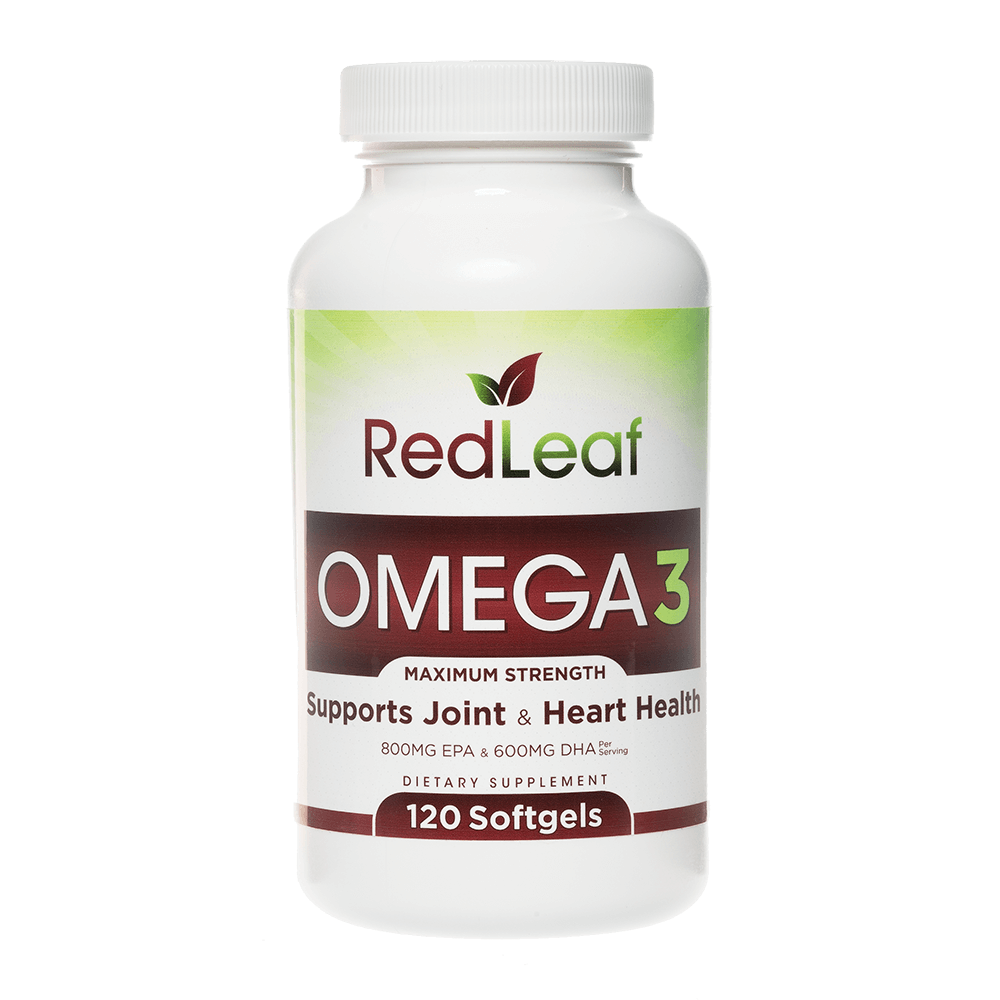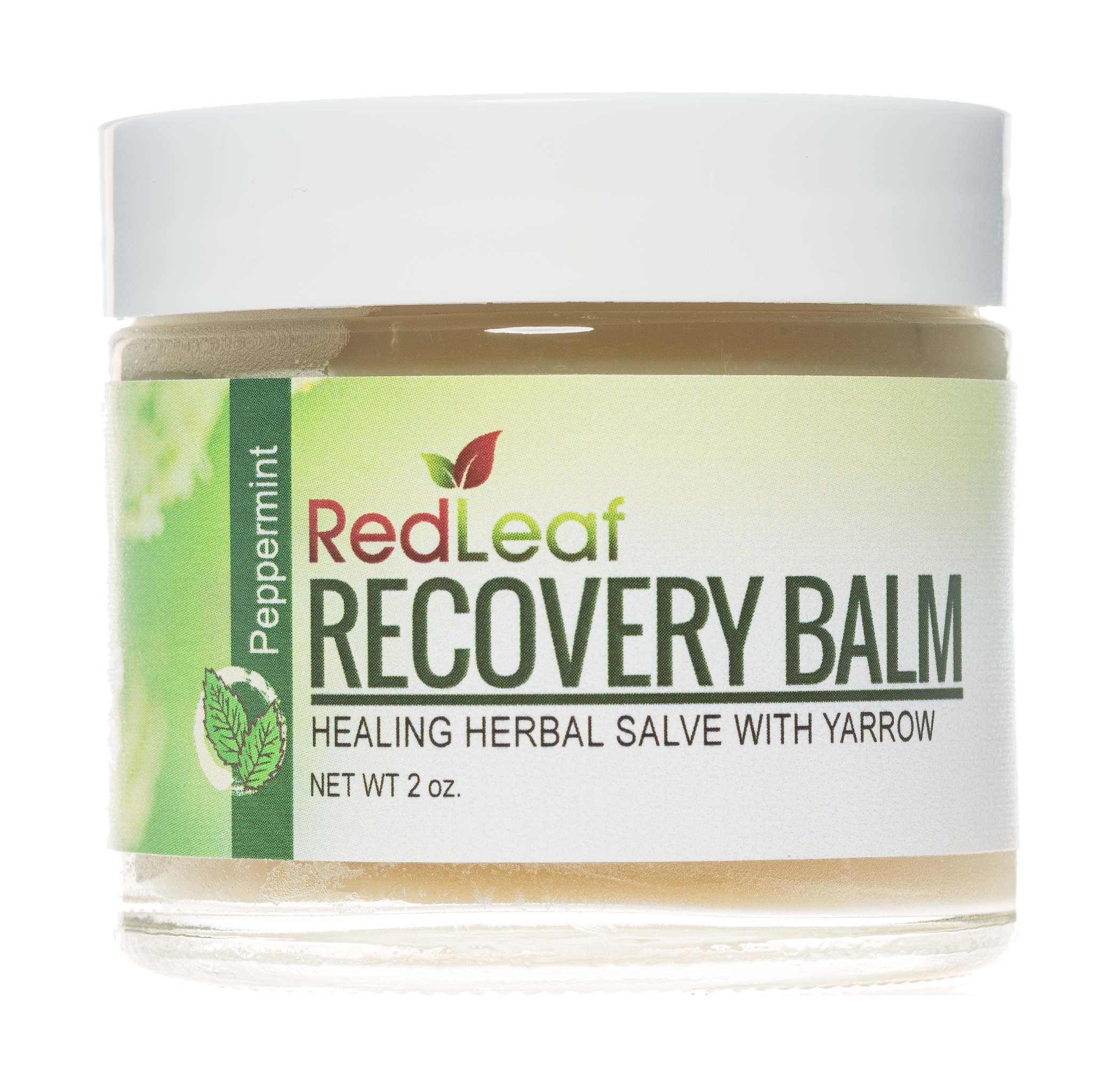Micronutrients are the vitamins and minerals which are found in our food. In reality, these micronutrients are to credit (or to blame) for our body functioning at whatever level it is. The vitamins and minerals we obtain through our diets help us create energy from the food we eat, balance muscle contractions (extremely important for athletic activities), and even improve the look and feel of our skin and hair. In summary, which micronutrients are important in your diet? All of them. It just depends on what YOU specifically need.
You’re probably tired of hearing us beat this drum, but nutrition is highly individual. What your friend needs is not what you need in order to optimize your health. The only way to 100% know what micronutrients you need to be consuming in what quantities is to get professional blood work done. You can do this through your regular family doctor, and if you are having specific health challenges (energy levels, gut issues, etc) we definitely recommend seeing a medical professional to assess your situation.
That being said, having an abundance of micronutrients, even those that you are not deficient in, is not going to be a bad thing. Yes, there are fat soluble (vitamins A, D, E and K) micronutrients which in extremely high quantities can actually hurt you – but this requires you eating an obscene amount of these foods and you don’t need to really worry about this. Just eat a wide variety of fruits and vegetables and you’ll have your bases covered. Here are our top three picks for making sure your body has the vitamins and minerals it needs to help you perform at your absolute best.
Micronutrient Number 1: B Vitamins
B vitamins have long been heralded as a “super food”, and for good reason. Specifically, folate, vitamin B6, and vitamin B12, are favorites among the health and nutrition community.
FOLATE
Folate actually supports your body in producing DNA and RNA, and is a key nutrient for the production of red blood cells. Folate is particularly important during pregnancy. Thankfully, folate is found in many foods with high amounts being available in:
- Dark, leafy greens (spinach, chard, beet greens)
- Peanuts (hello, peanut butter jar…)
- Beans (all kinds – black, kidney, pinto)
B6 & B12
These two magical micronutrients help us digest carbohydrates, proteins, and fats, and therefore get the energy out of these food groups that we need to survive. Specifically, B6 is largely responsible for breaking down carbohydrates and fats, while B12 binds to the protein we eat and helps move it along our digestive track. Without these two vitamins, you will feel extremely sluggish throughout your day. Additionally, B6 is found in many plants while B12 is found mainly in animal products. If you are a vegan or vegetarian person, you will want to look for fortified soy or rice products or take a supplement for B12.
Food sources for B6 include:
- Dark, leafy greens (surprise!)
- Bananas
- Oranges
Food sources for B12 include:
- Fish
- Chicken and Eggs
- Beef
Micronutrient Number 2: Potassium
If you’ve seen an athlete eating a banana while claiming it will help them keep away cramps during a workout, this isn’t bro-science – it is real science. Potassium is a key electrolyte for regulating body fluid, as well as as muscle contractions. These are two things which greatly impact athletic performance – not only for cramping, but also for continuous muscular exertion. Food sources for potassium include:
- Avocados (significantly higher source than bananas, but also high in fat so hard to digest around a workout)
- Bananas
- Sweet potatoes or yams
Micronutrient Number 3: Iron
Iron is especially important for women to include in their diets. For this reason, it is very common for women to be taking an iron supplement. If you’re concerned with your iron level, talk with your healthcare professional and consider getting an iron supplement. Why does iron matter? The number one function of iron inside of your body is that it supports the transfer of oxygen around your system. Given that oxygen is just mildly important (insert sarcastic voice here), you can see why iron is a necessary nutrient in your diet. Common food sources of iron include:
- Shellfish
- Spinach (more dark, leafy greens – I know you continue to be surprised)
- Legumes (beans, chickpeas, etc)
While red meat is an excellent source of iron, we put the ones above because they are the lesser known high-iron foods. Don’t feel like you have to eat meat to get iron into your daily diet.
In summary, micronutrients are important because they facilitate the highest possible functioning of your body. Yes, you can hit your calorie and macro numbers eating things like McDonald’s and Chick Fil A; you’ll be lacking severely in micronutrients, however, and this will make you feel sluggish in every activity throughout your day. Do yourself a favor, and include fruits, vegetables, lean protein, and complex whole grains at each meal. You don’t need to count these nutrients, but you do need to ensure you’re eating them.



